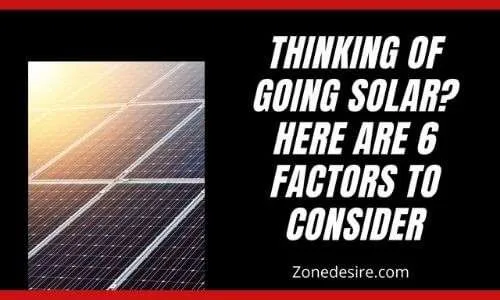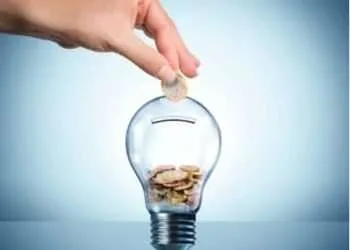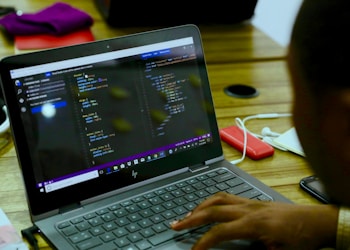Whether you’re switching to solar power to protect the environment, save on utility bills, or simply to access a more sustainable source of energy, you must know that making the switch is not as easy as it sounds. There are many considerations to keep in mind before installing solar panels on your roof. You need to understand your energy needs, how to connect to the grid, as well as other manufacturer-related details like the length of your system’s warranty. Most importantly, you need to find a trusted solar panel company in Riverside that can provide you with reliable services and quality hardware. If you have no idea where to start, don’t worry, we’ve got you covered.
Here’s a brief guide on the 6 main factors to consider before installing solar panels.

1. Roof Repairs
Before installing your solar power panels, you need to make sure your roof is up for it. It’s better to install solar panels on north or northwest-facing roofs that are not blocked by trees or shade. While all house roofs receive light from the sun, some roof angles are better than others in absorbing sunlight, which is needed for your panels to produce energy. However, even if your roof is not directly angled towards the sun, it will still be okay to install solar panels with the probability of having less power provided from your solar power system.
2. Energy Needs
If you’re thinking about going solar, consider the fact that solar panels generate electricity after receiving sunlight in the daytime. This means that the solar panels you install have to have a viable battery storage technology to store and retain the produced electricity so that you can use it to power your devices at night. Start by identifying your energy needs. Know how much power do you need in your home during the day versus how much you need during the night. The same goes if you’re going to use solar panels to power a business or if you run your business at home and spend most of your time at home. These conditions only mean you’ll need more electricity and therefore, a battery storage technology with higher capacity to provide you with all your energy needs.
3. How Long Is the Warranty?
You may also want to consider the length of your system’s warranty. First, check the performance warranty as it is more important than the product warranty. The Seattle-based electricians and installation specialists from ArtisanElectricInc.com explain that you should expect your manufacturer to back the performance of your solar panels for 25 to 30 years. As for the product warranty, which protects the product if any issues arise, it can last anywhere between 15 to 25 years. After all, warranties vary depending on the manufacturers you deal with.

4. The Reliability of the Solar Contractor
Solar panels are designed to live for as long as 35 years. This means that you need to find a solar power installer whom you can trust to be around for as long as you keep your solar system. You’ll likely need to change your system’s inverter at least two times within your system’s lifetime. So it’s important not just to check the new system’s hardware, but also to check the reliability and trustworthiness of the supplier and installer.
5. The Grid Connection
Besides figuring out whether your roof is going to be okay for solar power installation or not, you also need to think of how you’re going to connect the solar power system to the grid. There are many things to consider before connecting with a local utility. For example, you need to think about how long the process of getting it hooked up will take, how you will be credited for the generated electricity, and whether or not you need to pay any fees for connecting your system to a utility grid.
6. Moving
There are many questions to ask when it comes to changing residency or location while having a solar system installed. Before moving, you need to decide on whether you’re taking the system with you or not based on the distance between the two locations. It can be expensive to have your installer move your system to another city or state. Plus, you need to check if your panels are going to perform just as well in the new home. For all that matters, your solar system can increase the value of your old home once you decide to buy it. You will need to check with your supplier for all the moving options before making a decision.
Solar PV systems are an amazing alternative that provides clean energy without harming our environment. These panels work by converting thermal energy into electricity by which you can power your entire home instead of relying on electric utility. By going solar, you’ll be saving money, increasing the value of your home, protecting the environment, and using a reliable source of energy that will never run out.
















